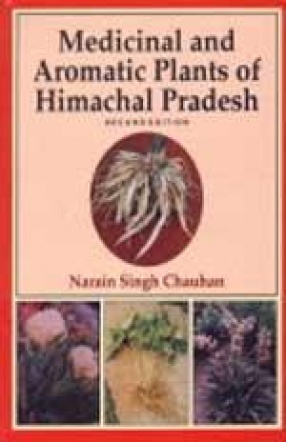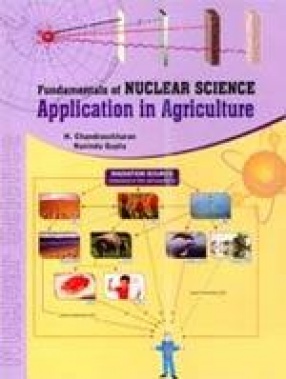The use of plants as source of medicines and human sustenance has been in vogue since antiquity. India has a rich heritage of use of plants as medicines. Indian systems of medicines utilize 80 percent of the material derived out of plants. There are over 2500 plant species in India having documented medicinal value. Global estimates indicate that 80 percent of population cannot afford the products of the western pharmaceutical industry and have to rely upon the use of traditional medicines mainly derived from the plants. The literature on medicinal plants is quite vast, scattered and not available at one place. A great necessity was felt to have relevant literature at one place providing multi-disciplinary information on such resources. This book is based on personal explorations made by the author in all parts of Himachal Pradesh supported by collections, identification, compilation of information on traditional knowledge gathered during surveys, covering status of existing resources, utilizing potential, conservation needs, cultivation efforts in herbal gardens and establishment of Herbaria at IRISM, Jogindernagar and at Dr. Y.S. Parmar University of Horticulture and Forestry, Nauni, Soalan. The book covers around 700 species of medicinal and aromatic plants of Himachal Pradesh, representative of not only the western Himalaya, but also of the entire Hindu Kush Himalayan region. The plants described in detail cover Latin name, family, common and local names, distribution in Himachal Pradesh, description of the plant, parts used, market rate, chemical constituents, formulations, uses and cultivation notes. Sketches and colour photographs in the book will facilitate identity and comprehension by the readers. Appendices include information on commercial plants available for trade and drug industry, annual outturn of raw material during the past five years, endangered species, plants for phyto-chemical industry, dhoop and incense, tans and dyes, essential oils, plants causing health hazards, having ethno-medical importance and the species suitable for incorporation in cropping systems in different climatic zones of the state. Separate chapters have been devoted to collection, cultivation and policy issues. This book will serve as a useful companion to the students, researchers, teachers, industrialists, collectors, cultivators, foresters, planners, nature-lovers, those interested in biodiversity of the Himalayan regions and above all the students and practitioners of Indian systems of medicines–Ayurveda, Unani, Homeopathy, Pharmacognosy and Ethno-medicines.
Medicinal and Aromatic Plants of Himachal Pradesh
In stock
Free & Quick Delivery Worldwide
reviews
Bibliographic information
Title
Medicinal and Aromatic Plants of Himachal Pradesh
Author
Edition
Reprint
Publisher
Indus Publishing Company, 2006
ISBN
8173870985
Length
632p.
Subjects





There are no reviews yet.